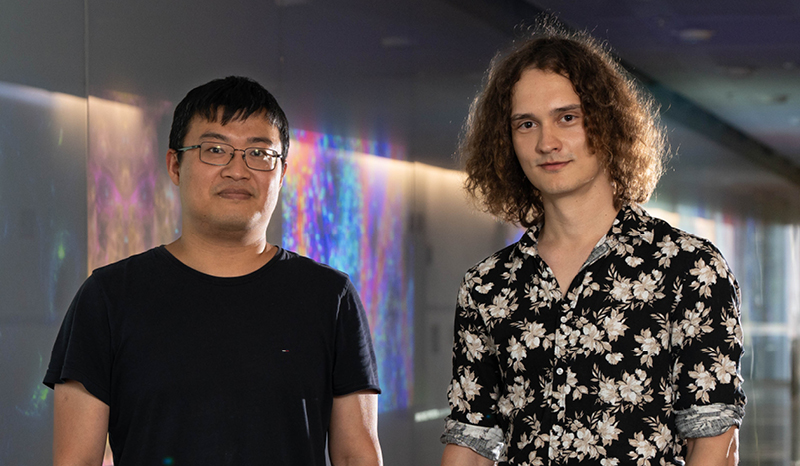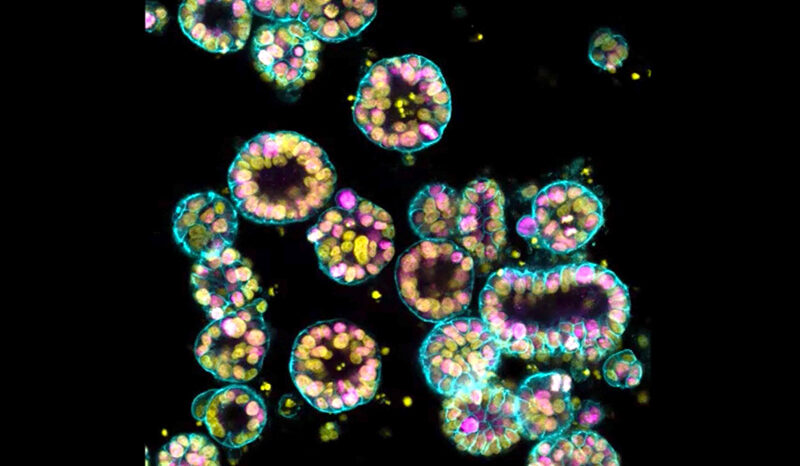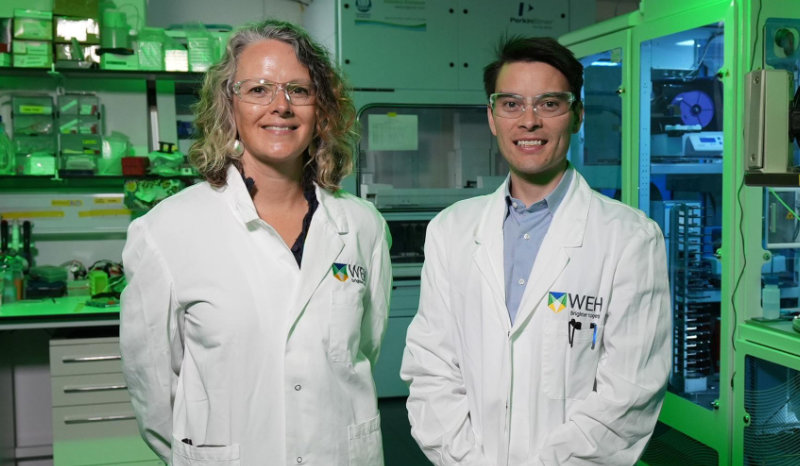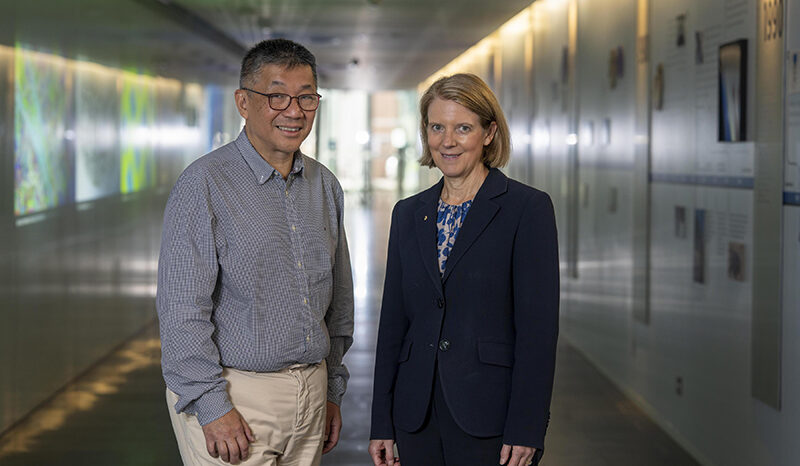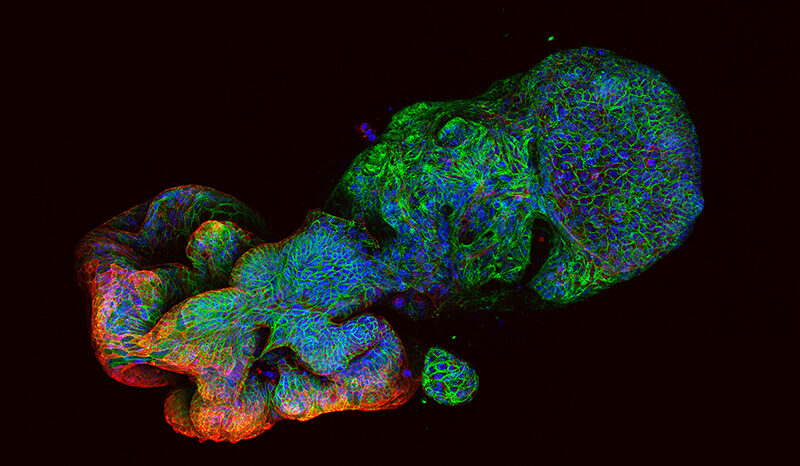Viacheslav Kriachkov:
I am a research officer at WEHI, working in the Epigenetics and Development division. I first met Zhen when he gave a division seminar on DNA mutations in September last year. I was interested in getting his expertise on proteins that cause mutations in our DNA.
To better comprehend human disease, there are two types of DNA mutations that we must understand: germline and somatic. Germline mutations are inherited from our parents while somatic mutations occur after we are born. Somatic mutations can occur in any cell except for the sperm and egg cells and therefore can’t be passed onto children. We know that these ‘acquired’ alterations can lead to cancer and other diseases.
Autoimmune diseases, like rheumatoid arthritis and multiple sclerosis, arise when our immune cells start attacking healthy organs and tissues. While some inherited genetic mutations are known to lead to a higher risk of developing autoimmune diseases, we think that some acquired mutations can also lead to the development of these diseases.
I was planning to apply for the Jenny Tatchell Awards for Blue Sky Research and asked if Zhen wanted to get involved. These awards fund high risk, high reward new ideas and innovative approaches from WEHI’s early career researchers –it’s wonderful to have this kind of support for our big ideas.
We plan to identify the parts of our genome that are most sensitive to acquiring mutations and learn if these could be linked to autoimmune disease development.
To do this, we’re looking into B cells These are white blood cells that are an integral part of our adaptive immune system, which recognises and remembers germs and fights them better next time. The main function of B cells is to produce antibodies against foreign pathogens, and in the process they can express an enzyme (known as AICDA) that mutates DNA. We think this could make B cells particularly sensitive to mutations.
This project has many moving parts and we’re planning to do several experiments with human B cells. Currently, I’m preparing the B cells for experimentation and designing libraries and protocols for them. Zhen will be even more involved when we try to capture and identify mutations.


